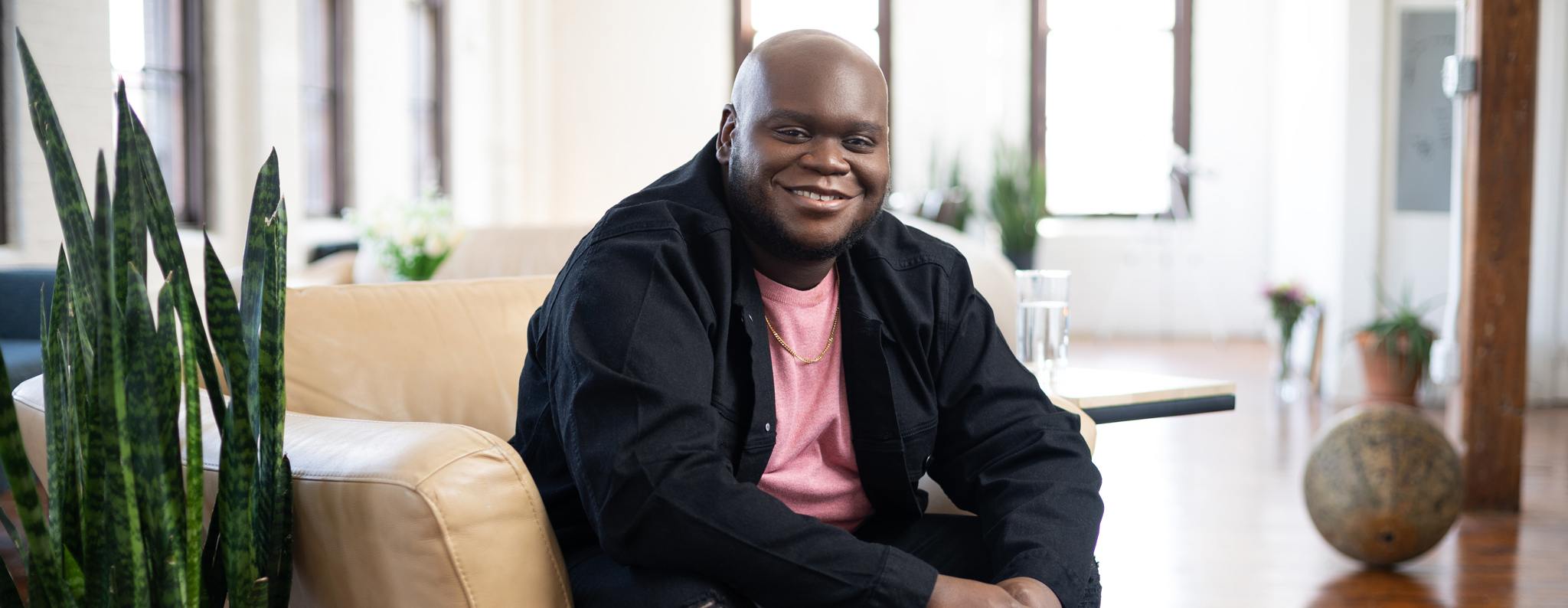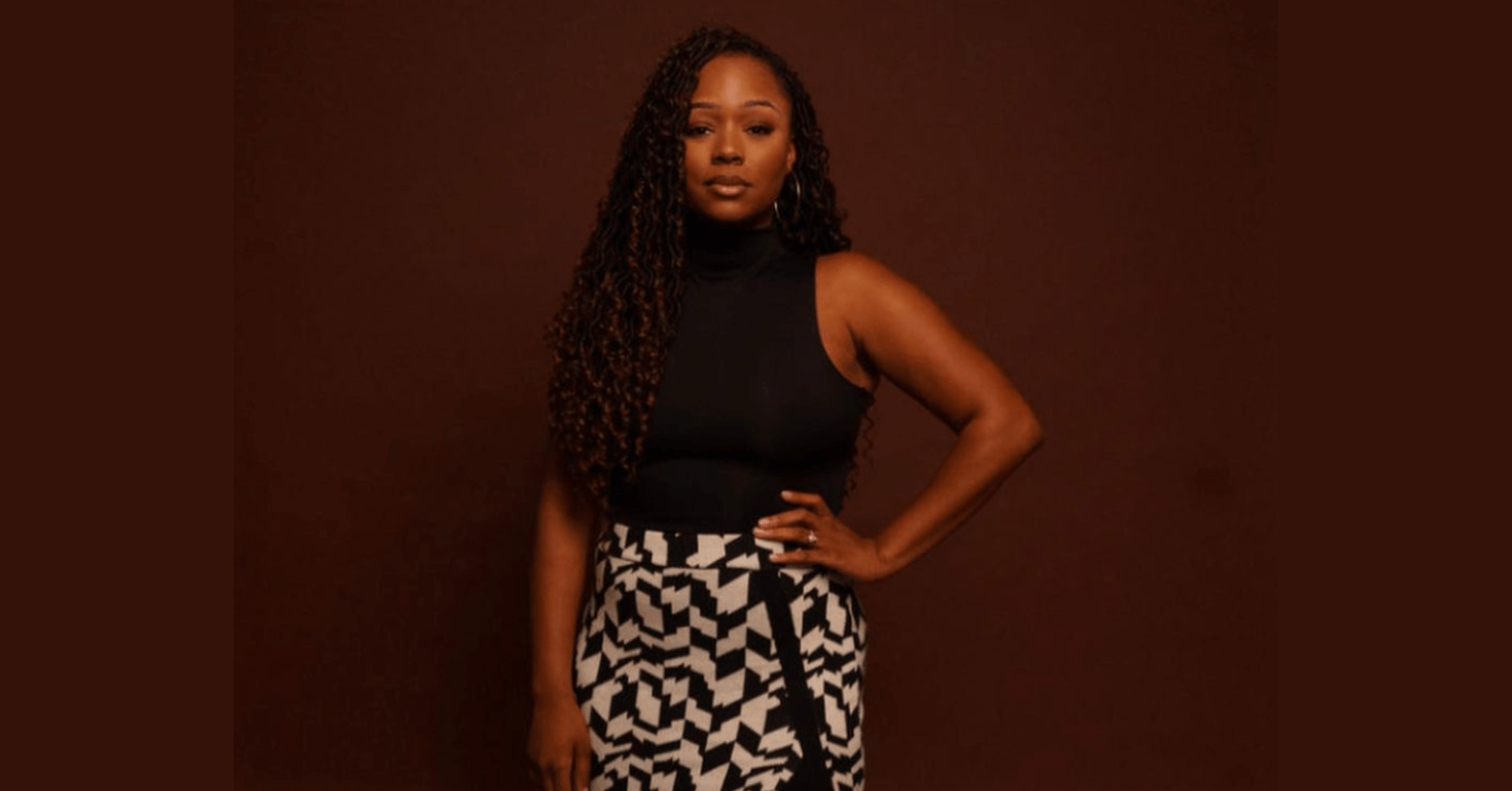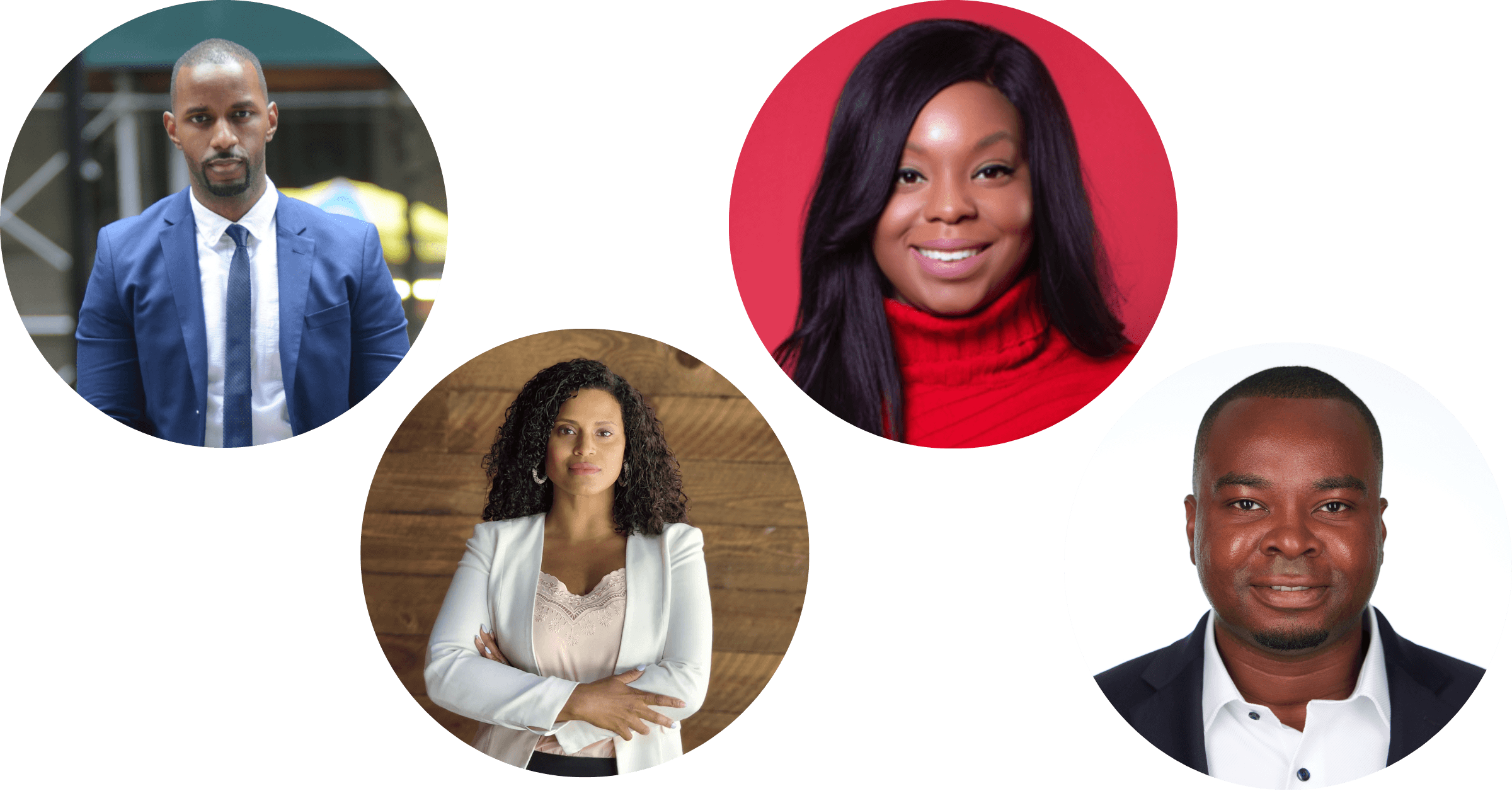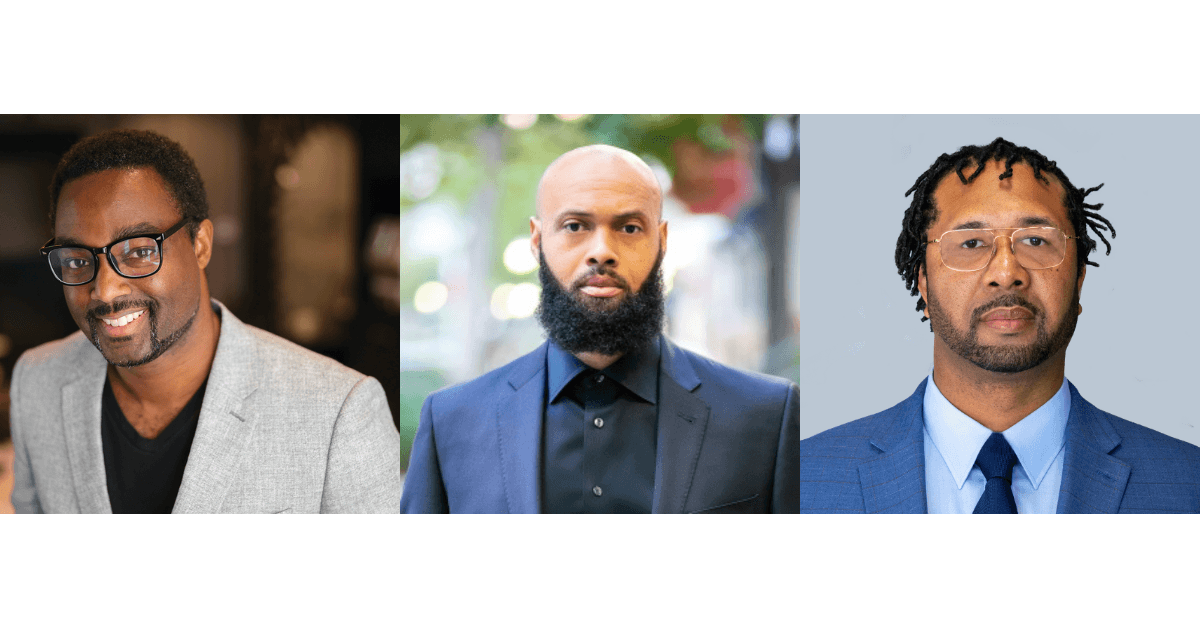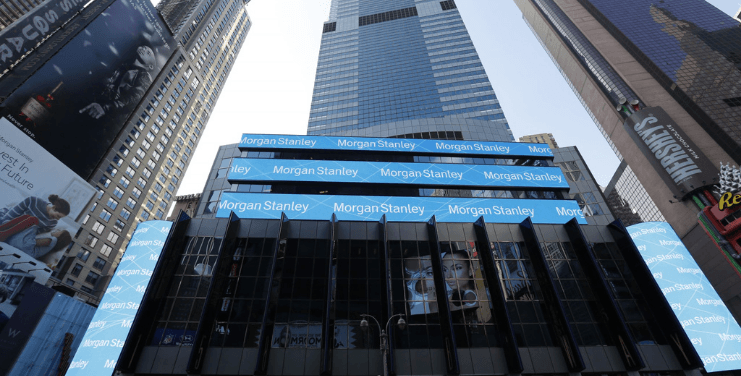Series Sponsor: Morgan Stanley Multicultural Innovation Lab
This case study series was made possible by the Morgan Stanley Multicultural Innovation Lab (MCIL). The Multicultural Innovation Lab – Morgan Stanley’s in-house accelerator program for women and multicultural entrepreneurs – helps technology and tech-enabled startups scale to the next level with connections, a curated 5-month curriculum, and $250,000 investment from Morgan Stanley. Learn more about the program here.
Anthony Frasier, a participant in Morgan Stanley’s Multicultural Innovation Lab and CEO of ABF Creative, spoke with The Plug about how being accountable and open led to a revenue milestone for the company. Frasier founded ABF Creative in 2019 after he discovered there were no Black-owned multicultural audio platforms.
ABF Creative is a multicultural podcast network and production company. The platform utilizes and leverages machine learning, AI and data-driven approaches to audio production. The company aims to shine a light on original productions of multicultural voices and people of color.
Frasier first learned about the MCIL from a member of Newark Venture Partners who encouraged him to apply.
“I pitched on the Lab’s Demo Day. After pitching, [Morgan Stanley] was so impressed they asked me to apply and go through the process, and I got accepted.”
ABF Creative’s focus on diverse players in the production space felt like a natural fit for the MCIL program, according to Frasier. Being in the program created a new level of accountability towards the goals Frasier had set for the company’s growth.
“I was intimidated by it early on but grew to love and crave it as the program continued. I’m forever grateful for that because, to me, that’s what you want in a partner,” he continued. “You want someone who’s going to help you succeed and keep you accountable and help you get to that next level in your business.”
Morgan Stanley’s reputation as a large financial firm had originally created an image in Frasier’s mind, but that was quickly altered after he experienced what it was like to work with their team.
“When you hear “Morgan Stanley,” you think suits and ties and Wall Street. Everyone who worked in the program understood our reality and challenges—great people, and it really made the experience better.”
Along the way, Fraiser gained a valuable toolkit of skills from the accelerator program that developed his existing strengths and applied them to his business.
“The power of presentation and storytelling was always something I cherished, and I feel like it’s been a big part of my life, my career, and working with Carla [Harris] at the Innovation
The lab has allowed me to hone in on those skills a lot more, nurture those skills,” Frasier said. “I have learned about my company in a different way, learned how to speak about my company in a different way.”
This lesson has paid off as the company reached a new revenue milestone and has plans to launch a new roster of programming. At the pace ABF Creative is growing, Frasier feels the company is strongly positioned to be the next big media company.
He credits being coachable and open to his success.
“As entrepreneurs of color, we’re very protective because we don’t get a lot of support
early on. When someone comes along to give advice or give insight, we’re very cautious
because we don’t know if it’s coming from a good place,” Frasier said. “Be coachable and open to changing and improving your ideas. Know you’re worth the time and the effort.”
Series Sponsor: Morgan Stanley Multicultural Innovation Lab
This case study series was made possible by the Morgan Stanley Multicultural Innovation Lab.
Their in-house startup accelerator promotes financial inclusion and provides access to capital for early-stage technology and technology-enabled companies led by women and multicultural
entrepreneurs. Learn more about the program here.

